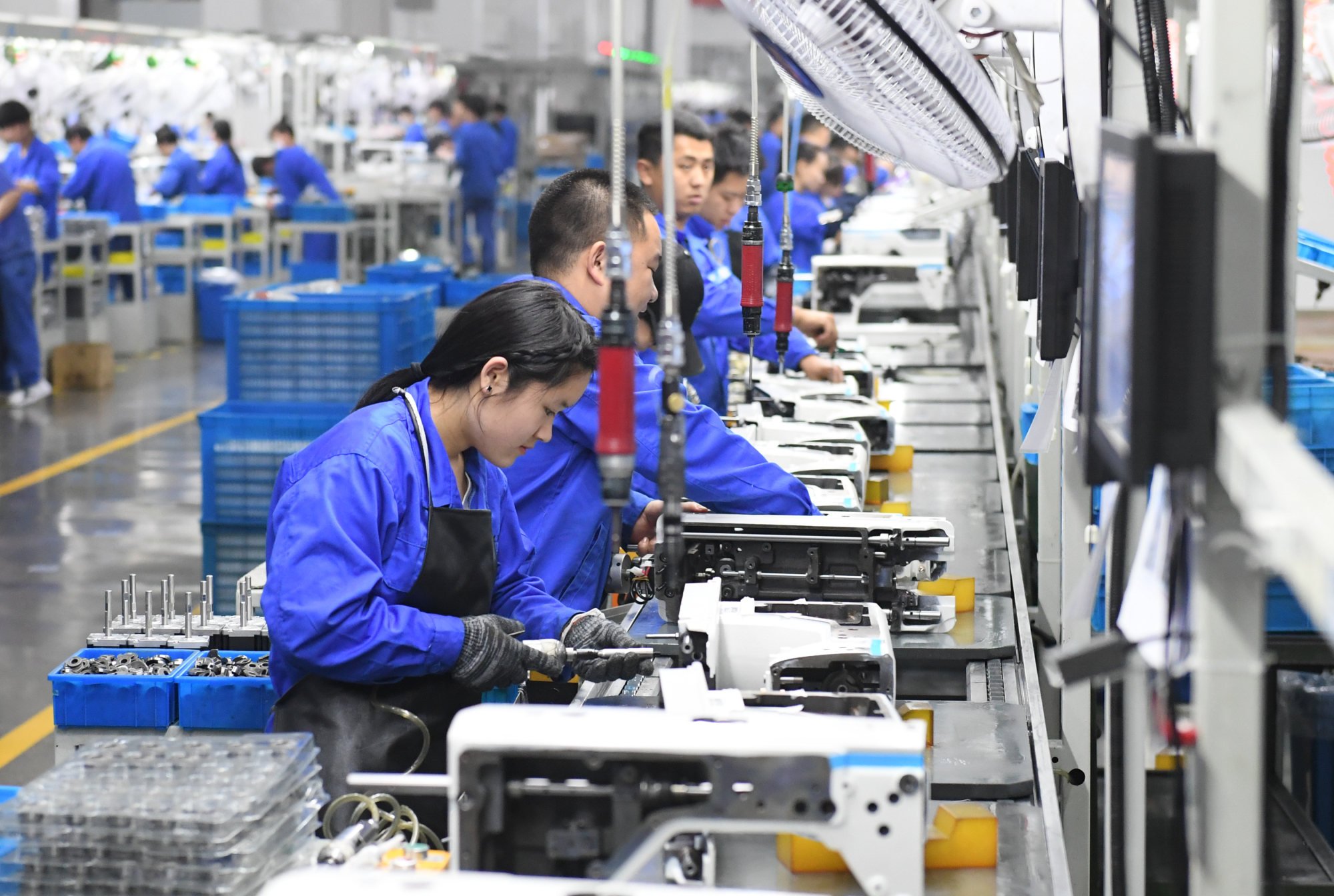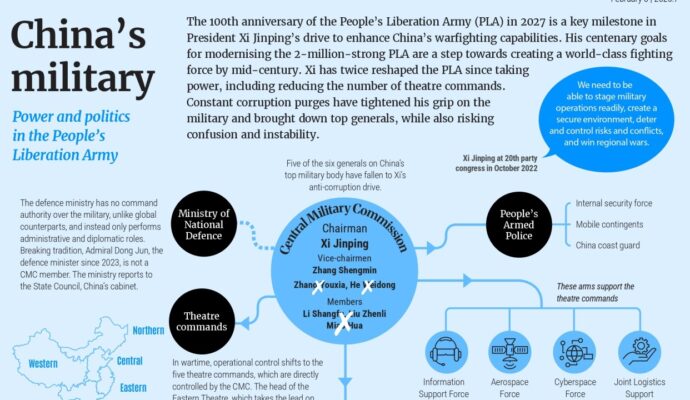China’s top economic planner on Tuesday pledged to further clear the way for the private economy, even though the scores of government policy support rolled out last year has yet to revive the spirits and lift investment within the key sector.
The authorities would “accelerate the legislative process for promoting the private economy, with a focus on building a legal and institutional framework to support the development of the private sector”, said the private economy development bureau under the National Development and Reform Commission (NDRC).
The new action plan was contained in an article published on the front page of the Communist Party mouthpiece, the People’s Daily.
Many economists, though, have called for meaningful action, rather than stopgap measures.

The latest moves are intended to guarantee equal and lawful access to production factors, fair participation in market competition and equal legal protection, the NDRC bureau said.
The economic planner also promised to tackle specific problems and respond to the concerns of private firms, while creating a better environment with policies and promotions.
“On the policy front, the government will enhance integrity by implementing various pro-business policies,” the article said. “Entrepreneurial spirit will be nurtured and praised.”
Beijing’s regulatory crackdowns on various private industries in recent years, including on the finance, education, gaming, technology and internet sectors, have had a profound effect on the private economy in China.
Did China’s economic recovery make headway? 6 takeaways from November’s data
Did China’s economic recovery make headway? 6 takeaways from November’s data
Questions have remained about how concrete measures would be released, and how Beijing actually views the role of the private sector within the world’s second-largest economy.
The private economy contributes more than half of China’s tax revenues, more than 60 per cent of its gross domestic product and more than 80 per cent of its urban employment.
[The Communist Party should] strive to avoid interpreting the development of the private economy as a ‘stopgap measure’
The private economy has also been challenged by the overall economic slowdown and geopolitical tensions.
In a 2024 forecast released on Monday, a Tsinghua University research team highlighted a significant lack of confidence and vitality in the private economy.
“[The Communist Party should] strive to avoid interpreting the development of the private economy as a ‘stopgap measure’, and to promptly address several concrete issues in practical actions, and to shift away from the prevailing negative expectations that society holds regarding the private economy,” the team said.


